Social workers are masters at de-escalation. Here's what the police can learn from them.
Knowing how to peacefully resolve conflict, rather than exacerbate it, can save lives

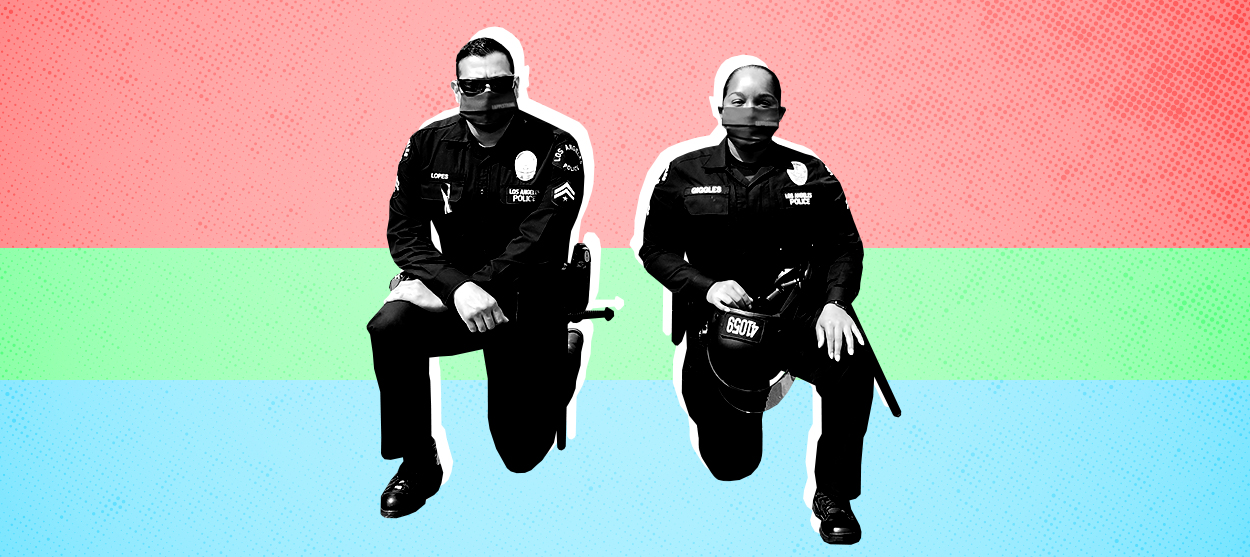
A free daily email with the biggest news stories of the day – and the best features from TheWeek.com
You are now subscribed
Your newsletter sign-up was successful
First responders are often portrayed as the heroes of our society. Medical professionals, police officers, and firefighters are lauded with admiration and praise for their life-saving efforts, and for good reason. But there's one group of first responders that gets overlooked: social workers. These unsung heroes immerse themselves within communities to address systemic problems and improve the well-being of society as a whole. Sometimes they're called to hospitals or homes in emergencies to help police resolve conflict peacefully. That's because social workers are masters at de-escalation.
As America is embroiled in protests against law enforcement, and people continue to be killed in police custody, the value of this skill — the ability to resolve conflict, rather than exacerbate it — is becoming increasingly apparent. Indeed, it can help save lives. "I've seen too many times when police use intimidation, or they lack empathy," says Tracie Simpson, a social worker in New Jersey. This can actually make a confrontation worse, and even deadly.
Lisa Tyson, another New Jersey social worker, mentions the case of Elijah McClain, a 23-year-old Black man who died last year after police put him in a chokehold and then injected him with ketamine, a sedative, which ultimately sent him into cardiac arrest. Tyson says that, if a social worker had been present, non-physical methods of addressing conflict like "empathy, active listening, and I statements" may have been used. "We have to defuse conflicts with individuals that are involved in domestic violence, human trafficking, individuals with cognitive or physical disabilities, substance abuse issues or individuals who have experienced severe trauma," Tyson says.
The Week
Escape your echo chamber. Get the facts behind the news, plus analysis from multiple perspectives.

Sign up for The Week's Free Newsletters
From our morning news briefing to a weekly Good News Newsletter, get the best of The Week delivered directly to your inbox.
From our morning news briefing to a weekly Good News Newsletter, get the best of The Week delivered directly to your inbox.
Still, some may be skeptical of a social worker's ability to be truly effective without a gun and a badge. This skepticism may be rooted in sexism: Social work is overwhelmingly dominated by women, who make up 83 percent of the field. Conversely, police work is 87 percent male-dominated. Are we exercising implicit bias when we doubt that a female social worker could be capable of disarming, say, a 6-foot-tall, 200-pound man?
Tyson says that if her de-escalation tactics work, she doesn't even need to use physical restraint. "I typically use basic problem-solving skills to de-escalate any situation, and I'm always aware of a person's verbal and non-verbal cues," she explains.
This can be important, considering that mentally ill individuals are 16 times more likely to die at the hands of law enforcement. One in four killed by the police have undiagnosed mental illnesses, and one in five inmates suffers from a mental illness. Tyson acknowledges that police have a tough job, but stresses that, "when mental health is a factor, it may be necessary to involve a mental health professional to ensure the safety of all involved."
She recalls one incident in which police were called to a scene where a teenager who appeared to have a cognitive impairment was trying to run into traffic. "The store's security guard appeared to be inexperienced, and become physically aggressive, then called the police," Tyson says. When she arrived, she spoke to the teenager calmly until his parents could be located. "He ended up being safe and had the opportunity to receive the help he needed without being harmed or further traumatized," Tyson says. The teenager was Black, she notes, "which in many situations could lead to a fatal ending."
A free daily email with the biggest news stories of the day – and the best features from TheWeek.com
High-stress situations like these are common in the world of social work. "Each hour, day, week, month, and year bring new challenges and experiences," explains Christine Giebel, a medical social worker. She's had to manage clients who become violent towards others during psychiatric emergencies. "Typically, during these episodes, the individual obtains superhuman strength," Giebel says.
Police and other first responders do often defer to social workers. But Tyson believes police could benefit from additional de-escalation training. This training could save lives during times when a social worker can't be called, or police need to act quickly. Tyson says the training should focus on the short- and long-term effects of and behaviors associated with trauma, as well as how to properly handle a mental health crisis. "We normally have a helpful dialogue with police. However, they need to consider the many variables that can lead to an interaction becoming unnecessarily violent, aggressive, or even cause death, as demonstrated in the most recent events of police brutality," Tyson says. "Instead of making the person feel attacked, fearful, or not in control of their safety, address the situation, but treat the individual the way you would want one of your family members to be cared for in that situation. Empathy is key."
Want more essential commentary and analysis like this delivered straight to your inbox? Sign up for The Week's "Today's best articles" newsletter here.
-
 Political cartoons for February 12
Political cartoons for February 12Cartoons Thursday's political cartoons include a Pam Bondi performance, Ghislaine Maxwell on tour, and ICE detention facilities
-
 Arcadia: Tom Stoppard’s ‘masterpiece’ makes a ‘triumphant’ return
Arcadia: Tom Stoppard’s ‘masterpiece’ makes a ‘triumphant’ returnThe Week Recommends Carrie Cracknell’s revival at the Old Vic ‘grips like a thriller’
-
 My Father’s Shadow: a ‘magically nimble’ film
My Father’s Shadow: a ‘magically nimble’ filmThe Week Recommends Akinola Davies Jr’s touching and ‘tender’ tale of two brothers in 1990s Nigeria
-
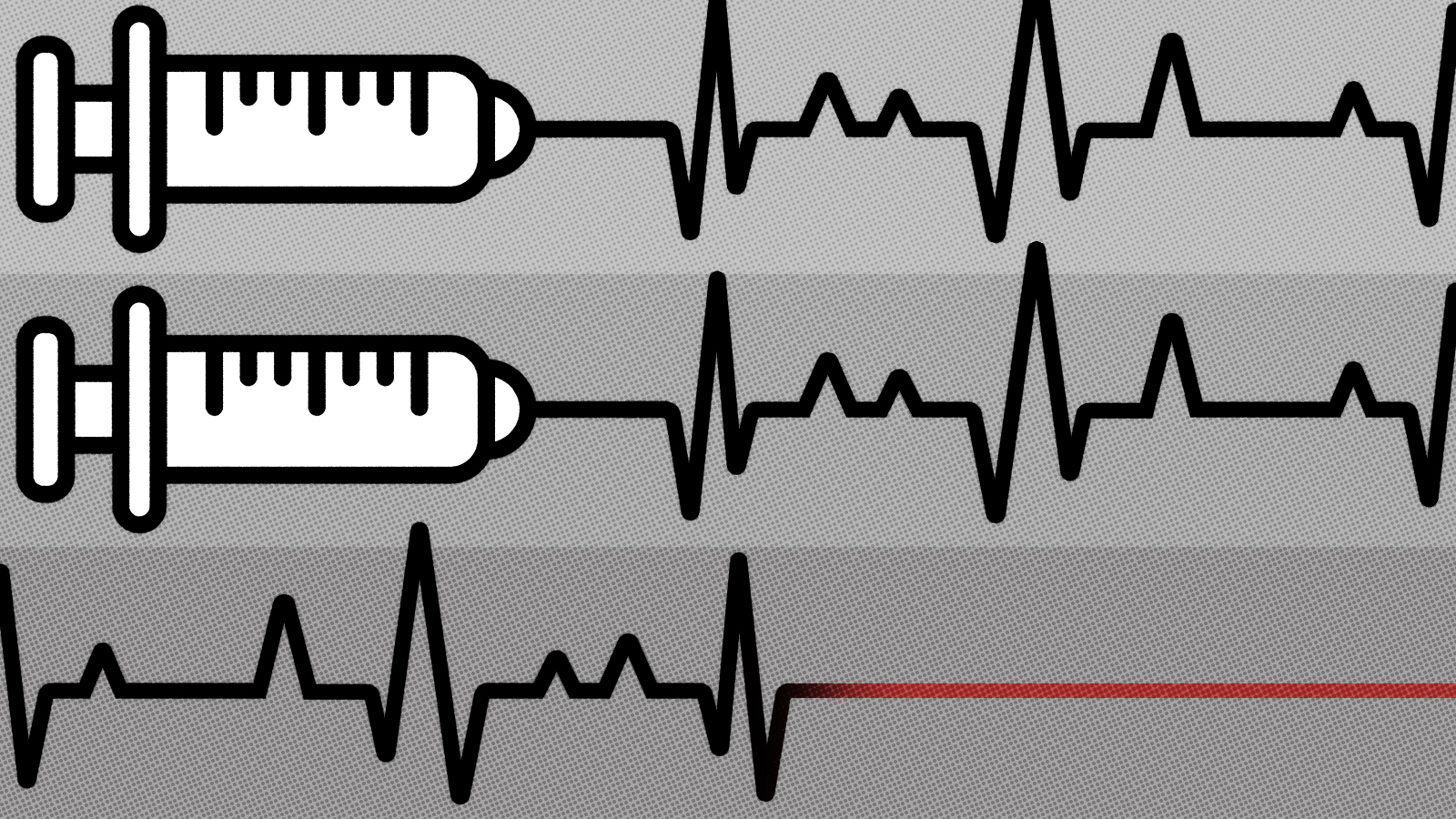 Do unvaccinated COVID patients deserve scarce care? A doctor weighs in.
Do unvaccinated COVID patients deserve scarce care? A doctor weighs in.The Explainer Justice, judgment, and the last ICU bed
-
 How to vaccinate the anti-vaxxers
How to vaccinate the anti-vaxxersThe Explainer Instead of blaming people for not doing the right thing, let's focus on eliminating the obstacles to vaccination that still remain
-
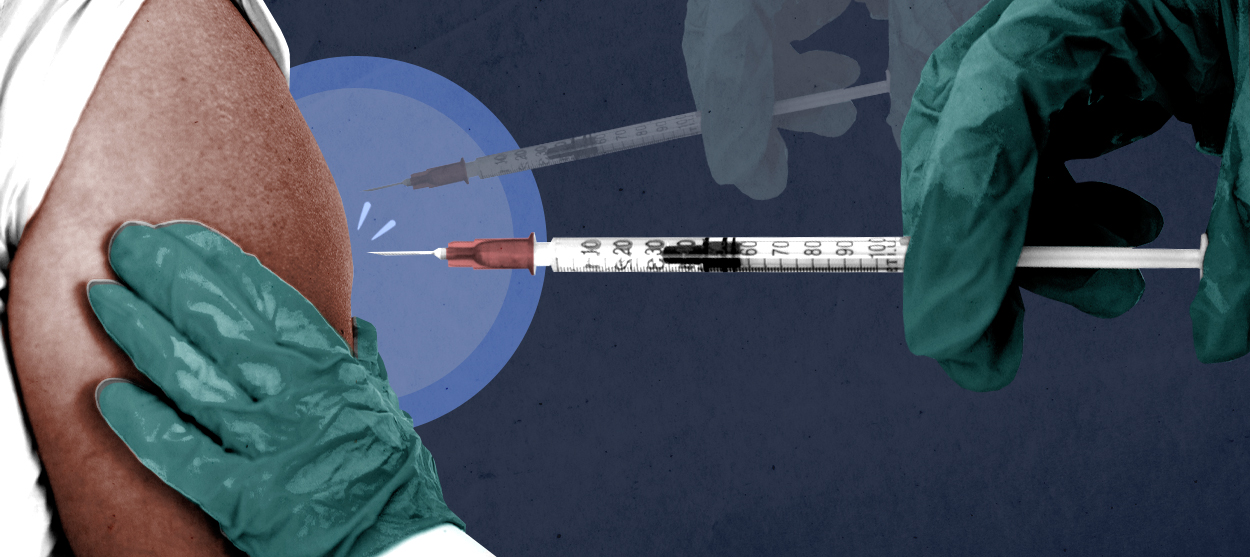 The U.S. could double its COVID-19 vaccine availability overnight. What's the holdup?
The U.S. could double its COVID-19 vaccine availability overnight. What's the holdup?The Explainer How the FDA could approve a more efficient vaccine rollout
-
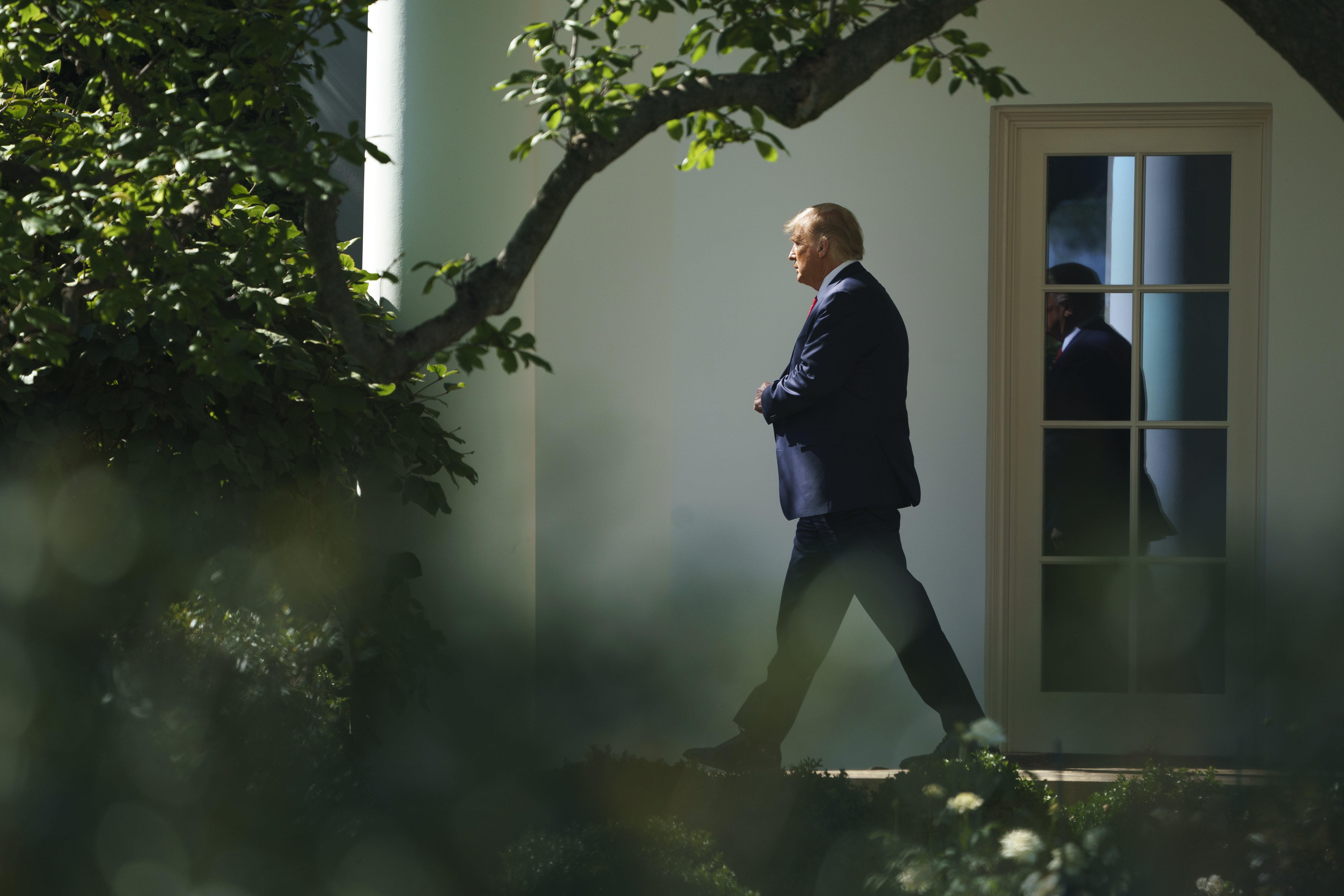 The October Surprise nobody wanted
The October Surprise nobody wantedThe Explainer Trump has COVID-19. Really, 2020?
-
 Life is worth living
Life is worth livingThe Explainer What's driving America's rising suicide rate?
-
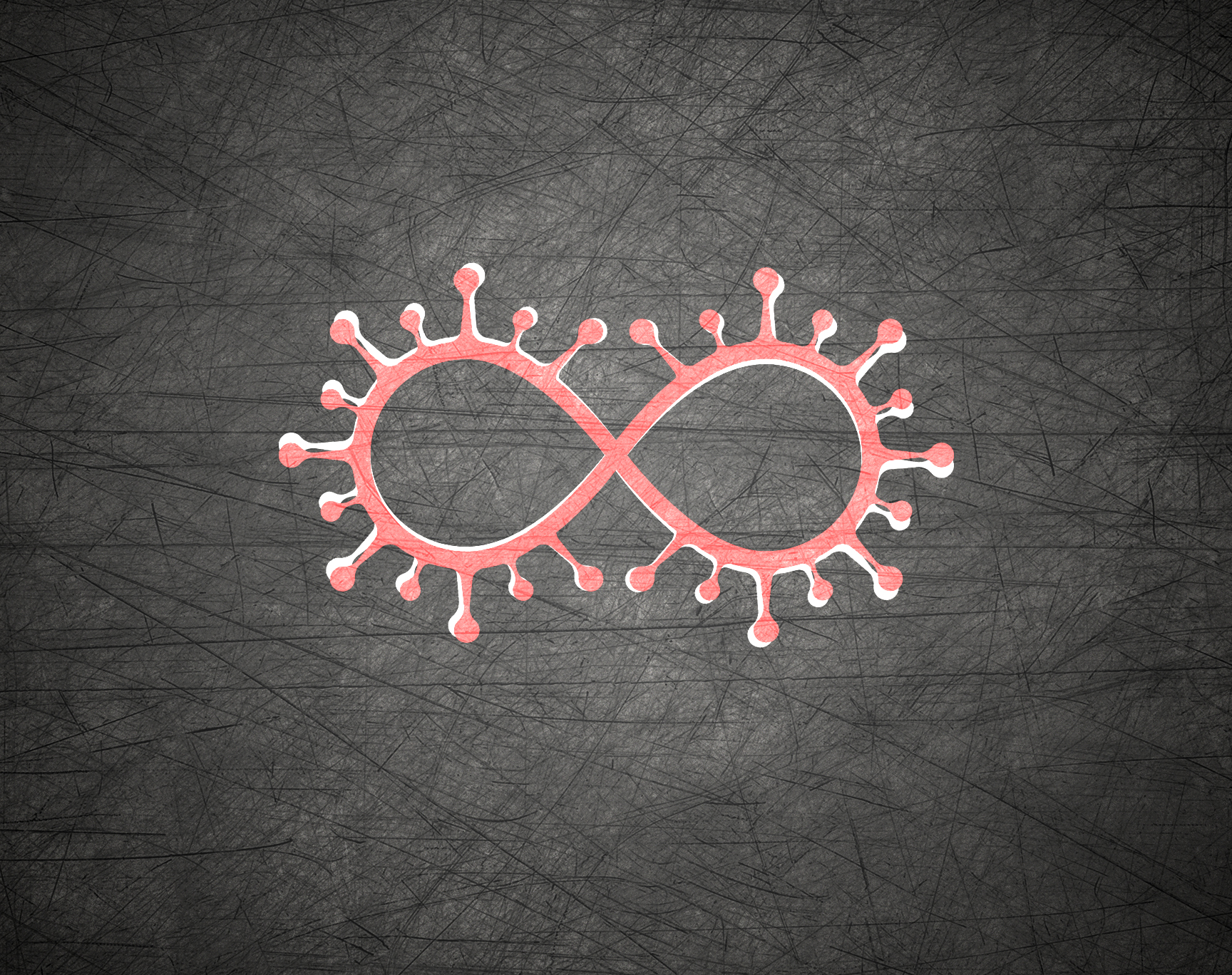 Settling in for the long pandemic
Settling in for the long pandemicThe Explainer Life won't be back to "normal" anytime soon
-
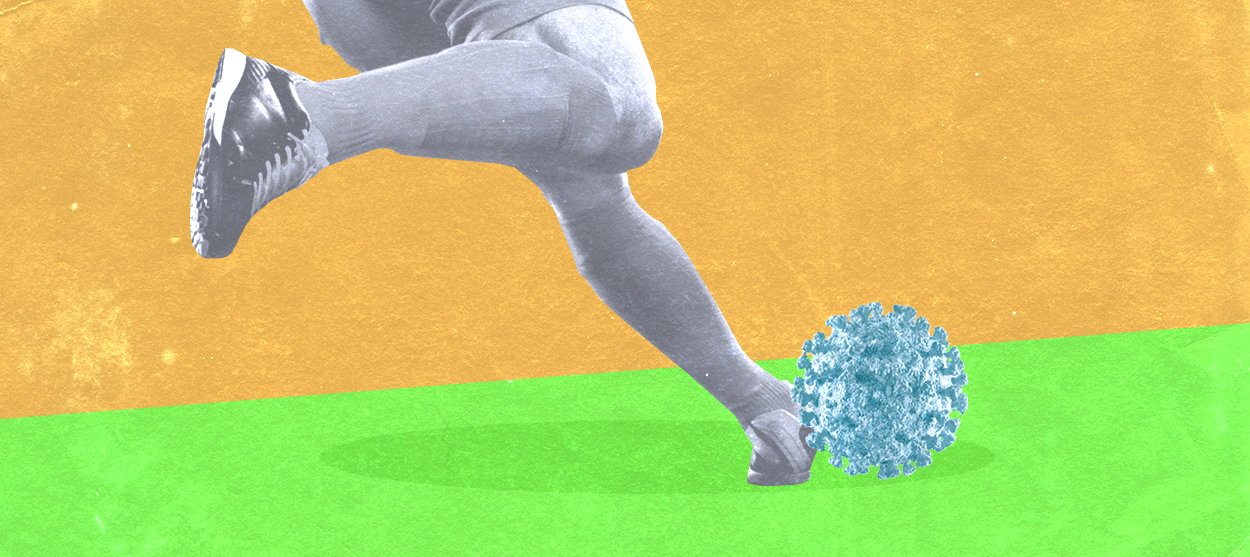 Sports reveal how much America is trailing the rest of the world
Sports reveal how much America is trailing the rest of the worldThe Explainer MLS and other American leagues are stumbling through their pandemic restart plans
-
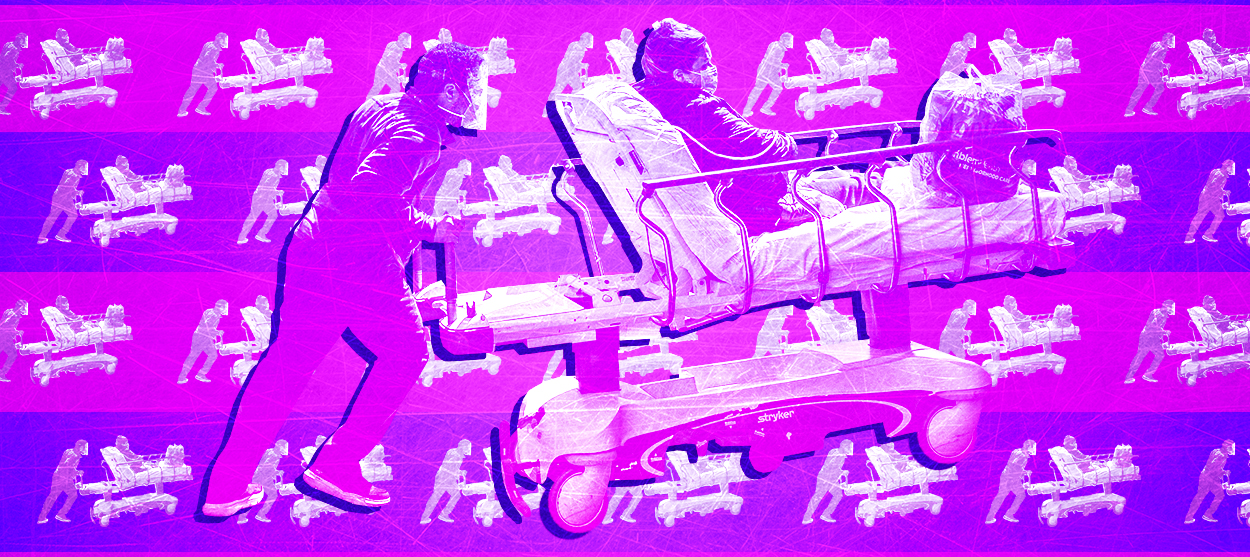 Nobody knows how bad this coronavirus surge is
Nobody knows how bad this coronavirus surge isThe Explainer To make good policy, we need to know what's actually happening
